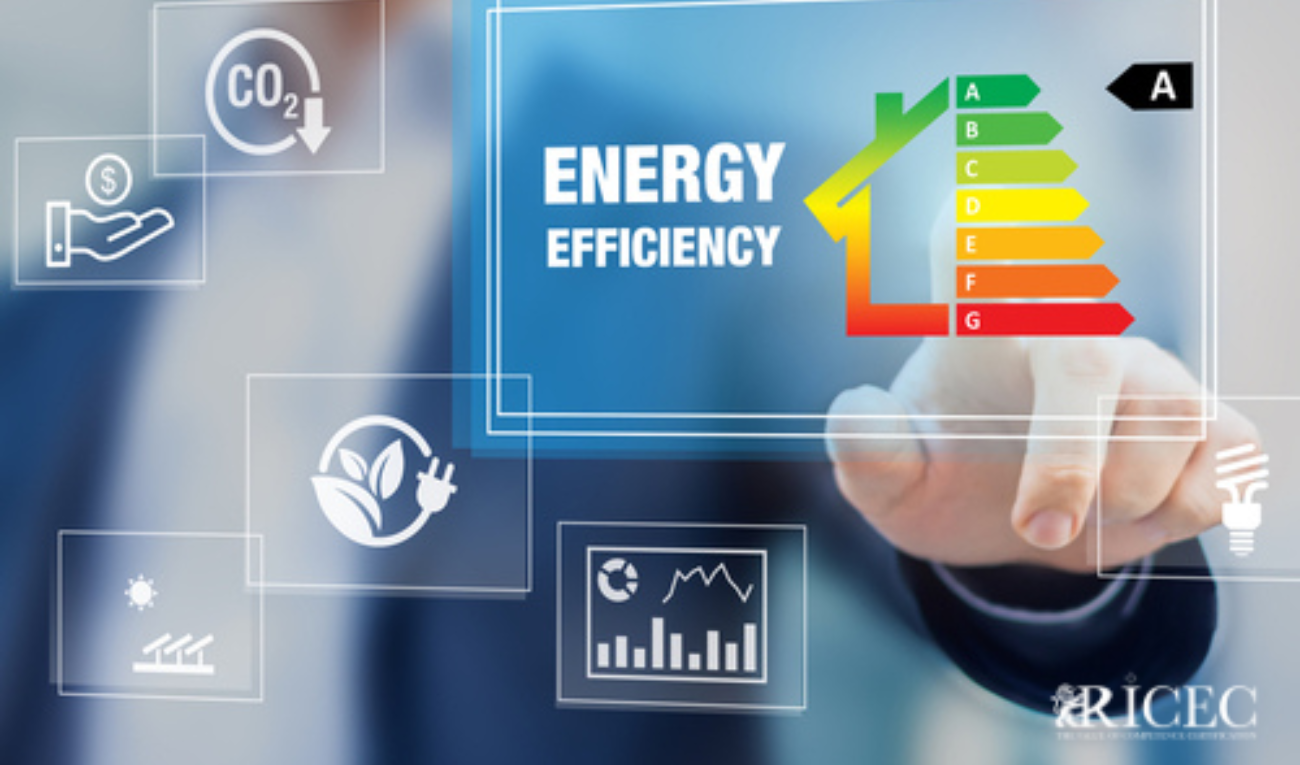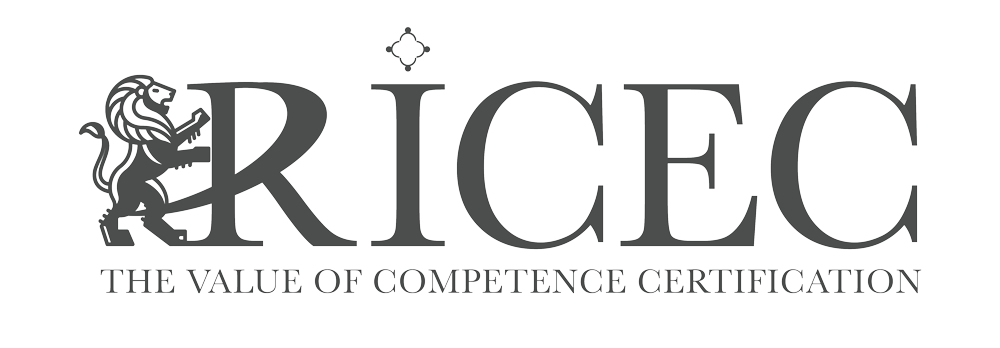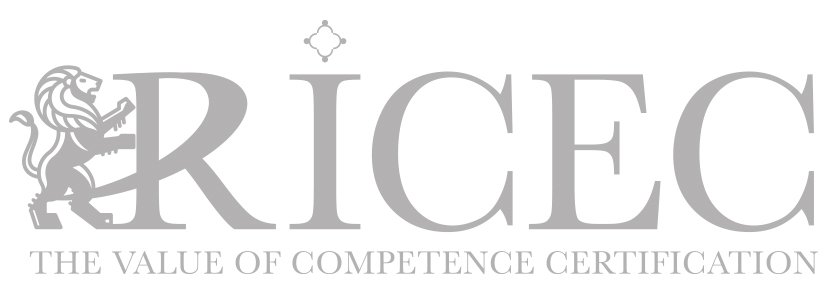
ENVIRONMENTAL IMPACT AND ENERGY EFFICIENCY. A SUMMARY THANKS TO THE ENERGY MANAGERS: IN 2021 THEY RISE TO 2,463.
The development and distribution of technologies from new and renewable energy sources requires an investment of time and money by all Organizations, but can lead to large benefits against a considerable cost such as that associated with the management of the energy.
ISO 50001 specifies the requirements for implementing and improving an energy management system (EMS). The objective of the standard is to allow organizations to increase energy efficiency, reduce costs and achieve continuous improvement.
This standard also contributes to achieving the Sustainable Development Goals – SDGs – 7 (Clean and affordable energy), 11 (Sustainable cities and communities), 12 (Responsible consumption and production) and 13 (Climate action).
Having to deal with a crucial issue such as energy efficiency and environmental impact, Auditors/Lead Auditors who certify their skills on Energy Management Systems will be able to offer greater guarantees to customers, allowing an organization to have a systematic approach for continuous improvement of its energy performance.
According to a FIRE report on Energy Managers, in 2021 there were a total of 2,463 appointments (mandatory and voluntary) which represent a valuable professional pool from which to draw proposals and face the challenges of this historic moment.
The ecological transition also involves a greater diffusion of energy efficiency and, if the energy transition is to be achieved, the market needs professionals with certified skills, technology is not enough.
Competence brings confidence and the certifications of skills, issued by a third party and accredited body such as Ricec International, are a recognition of the skills and knowledge acquired by the person during their work, training and life experience.
Ricec, the value of skills.




